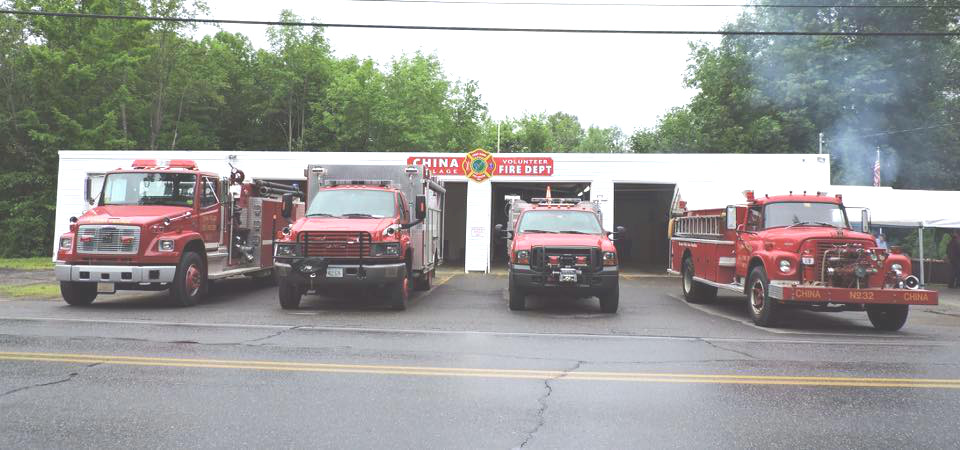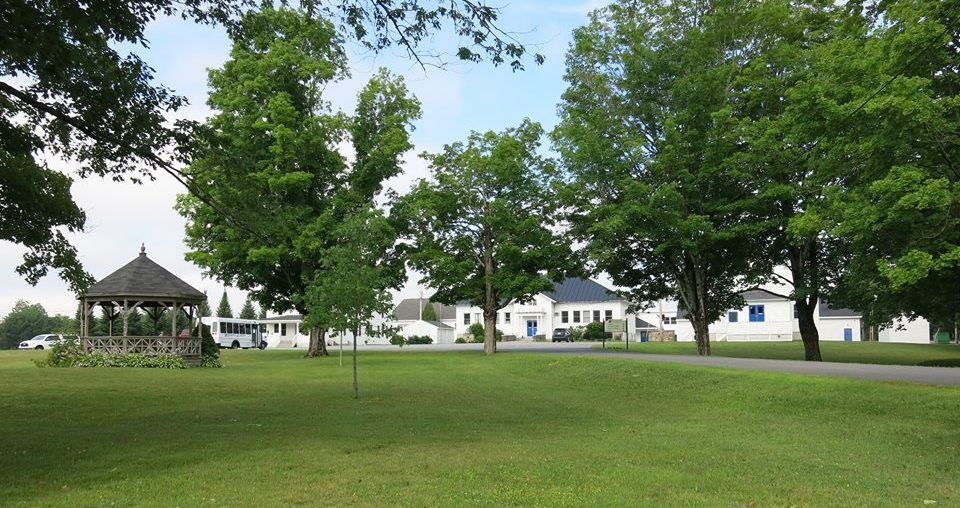Pfeiffer: School budget no impact on local taxes

by Mary Grow
The good news about Vassalboro’s 2019-2020 school budget, which totals more than $7.7 million, is that it is more than $26,000 lower than the current year’s budget. It will have no impact on the local tax rate, and no adverse effect on local education.
Superintendent Alan Pfeiffer said the major reason for the lower budget is the tuition account, which is lower because more Vassalboro students are graduating from high school than are entering.
Within the budget is a request for state approval for two new school buses, instead of the usual one a year, justified by the age and condition of Vassalboro’s fleet. Pfeiffer said bus repair costs are rising steadily.
Many other budget lines are flat or nearly so, Pfeiffer said. The only planned staff increase is a change from a half-time contracted social worker to a full-time employee.
The 2019-2020 school budget is in Articles 49 through 63 of the warrant for the June 3 town meeting. On June 11, voters will accept or reject the June 3 decision. The June 3 meeting begins at 6:30 p.m. at Vassalboro Community School (VCS); June 11 written-ballot voting will be from 8 a.m. to 8 p.m. in the town office.
The good news about Vassalboro students is that they are welcome in the high schools they choose to attend after finishing eighth grade at VCS.
At the request of The Town Line, Pfeiffer queried officials at Winslow and Waterville high schools and Erskine Academy, in South China, about former VCS students. He got positive information from all three schools. Among Winslow High School’s graduating seniors from Vassalboro, several will be going on to college and will receive scholarships, to be announced on Class Night, according to Guidance Counselor Tom McNeil. Another senior earned her Emergency Medical Technician license through Mid-Maine Technical Center and the state; and another has a long-term internship at Vassalboro’s Duratherm Window Corporation.
“We truly value our relationship with VCS and relish the involvement of all 40 plus Vassalboro residents who attend WHS,” McNeil added.
From Waterville Senior High School, Principal Brian Laramee reported that two of the top ten students in the graduating class, including the valedictorian, attended VCS. They and five other Vassalboro students are heading for college in the fall.
Erskine Academy Headmaster Mike McQuarrie reported that four of the 32 Erskine students in a graduating class of 144 are in the top ten academically. Vassalboro students have a 100 percent graduation rate, with 30 of the 32 going on to some type of higher education and the other two enlisted in the military.
“A great contingent of young people from Vassalboro!” McQuarrie commented.
The school has received other commendations from outside its walls. In April, the Mid-Maine Chamber of Commerce honored Jobs for Maine Graduates head Victor Esposito as Outstanding Professional at its annual awards ceremony recognizing businesses and individuals for community service.
The good news about the Vassalboro School Board is that members are not resting on these successes, but continue looking for ways to help students even more. At their May 21 board meeting, they discussed tentative plans for a strategic planning workshop to look at goals for the next five years.
Possible topics include programs, textbooks, keeping up with technology and physical plant needs – Pfeiffer often praises building maintenance, but points out that VCS is now 27 years old.
Poverty and trauma make demands on every school, Pfeiffer observed, and “Money will always be a problem.”


 MaineGeneral Medical Center has received the top grade of “A” in the recently released Spring 2019 Leapfrog Hospital Safety Grades. MaineGeneral also earned a 2019 Women’s Choice Award as one of America’s 100 Best Hospitals for Patient Experience, according to MaineGeneral Health President and CEO Chuck Hays.
MaineGeneral Medical Center has received the top grade of “A” in the recently released Spring 2019 Leapfrog Hospital Safety Grades. MaineGeneral also earned a 2019 Women’s Choice Award as one of America’s 100 Best Hospitals for Patient Experience, according to MaineGeneral Health President and CEO Chuck Hays.




